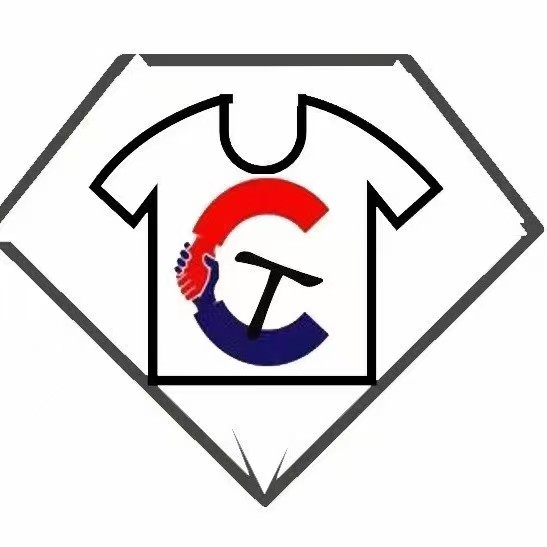Ethical fashion has been gaining momentum in recent years as consumers become more conscious of the impact their clothing choices have on both the environment and the people who make them. In response to this growing demand for transparency and accountability, European garment factories are leading the way in promoting fair labor practices and sustainable production methods.
One of the key ways in which European garment factories are promoting fair labor practices is through certification programs such as the Fair Wear Foundation and the Ethical Trading Initiative. These programs work with brands and manufacturers to ensure that workers are paid a living wage, have safe working conditions, and are treated fairly and with respect. By working with these certification programs, European garment factories are able to demonstrate their commitment to ethical fashion and provide consumers with the assurance that their clothing is made in a responsible manner.
In addition to certification programs, European garment factories are also implementing other measures to promote fair labor practices. This includes providing training and education for workers, implementing codes of conduct and grievance mechanisms, and working with local communities to create employment opportunities and support economic development. By taking these steps, European garment factories are not only improving the lives of their workers, but also contributing to the overall well-being of the communities in which they operate.
Furthermore, European garment factories are also focusing on sustainable production methods to reduce their environmental impact. This includes using organic and recycled materials, minimizing waste and energy consumption, and implementing recycling and waste management programs. By adopting these sustainable practices, European garment factories are not only reducing their carbon footprint, but also setting an example for the rest of the industry to follow.
Overall, European garment factories are leading the way in promoting fair labor practices and sustainable production methods in the fashion industry. By working with certification programs, implementing measures to support workers and communities, and focusing on sustainable production, these factories are setting a new standard for ethical fashion that puts people and the planet first. As consumers continue to demand transparency and accountability in the clothing they buy, European garment factories are showing that ethical fashion is not only possible, but essential for a more sustainable and socially responsible industry.
